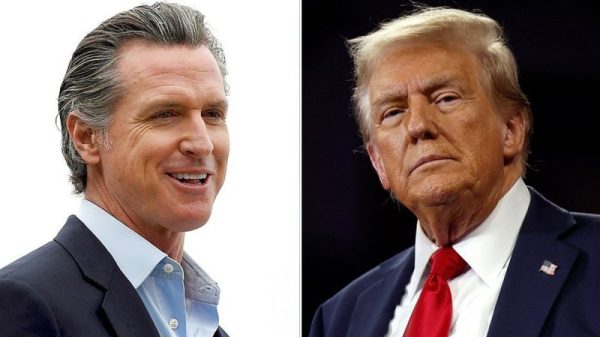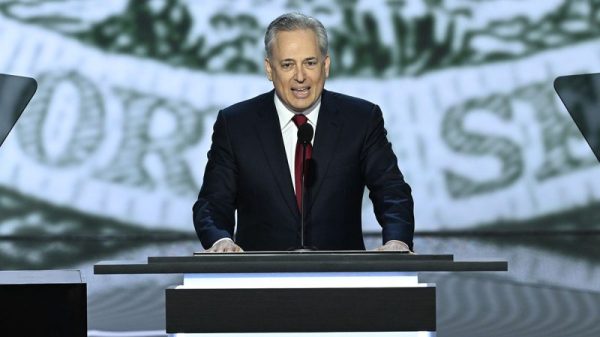Iran’s Quest for LNG Shipping Supremacy
Despite boasting the world’s second-largest natural gas reserves, Iran finds itself grappling with serious challenges on its journey to becoming an LNG exporter. Liquefied Natural Gas (LNG) has emerged as a critical player in global energy dynamics, with soaring demand predicted. This article delves into Iran’s ambitious but tumultuous pursuit of LNG shipping, exploring the hurdles it faces and the potential pivot towards LNG importation.
The LNG Landscape and Global Dynamics
LNG, the abbreviation for liquefied natural gas, undergoes a complex cooling process, transforming it into a liquid state for efficient storage and transportation. Recent studies by the International Energy Agency (IEA) project a 25% surge in global LNG capacity from 2022 to 2026, primarily led by the United States. Qatar currently reigns as the world’s largest LNG exporter, having shipped 114.1 billion cubic meters in 2022. As the United States emerges as a frontrunner in natural gas exports, Iran seeks to join the ranks of LNG-producing nations.
Iran’s Struggle with LNG Production
Iran’s LNG aspirations hinge on the Iran LNG project, situated at Tombak Port, approximately 50 km north of Assaluyeh. Hindered by international restrictions linked to Tehran’s nuclear program, this project encountered setbacks and financial losses, reaching a mere 38% completion by 2013. Resurrected in 2021, it has now achieved 53% completion, with a targeted finish by mid-2025. The venture, marred by a reported annual loss of $5 billion, grapples with US sanctions, financial constraints, and technological acquisition hurdles.
Tackling the Natural Gas Shortage: A Technological Twist
Iran faces a severe natural gas shortage, exacerbating issues during winters and prompting the use of inferior fuel oil like mazut, contributing to air pollution. Hadi Amirshaghaghi, CEO of Iran Natural Gas Liquefaction Company, proposes a unique solution: reversing part of the LNG manufacturing process to revert it to sweet natural gas. With progress in storage tanks and maritime facilities, addressing the gas network shortfall involves attracting investors for a significant gas injection into the national network.
The Growing Disparity: Iran’s Looming Energy Imbalance
Iran grapples with an annual 5% growth in natural gas consumption while its output growth stagnates. Anticipated declines in the productivity of the South Pars field in the Persian Gulf threaten to turn Iran from an energy producer to an importer. The gas imbalance is expected to soar from 250 million cubic meters per day to 300 million by the end of this year and a staggering 500 to 550 million by 2031, painting a grim energy outlook.
The Unfulfilled Promise: Russia’s Role and Sanctions’ Sting
A $40 billion Memorandum of Understanding (MOU) between Iran and Russia aimed to foster collaboration on LNG projects and energy development. However, this ambitious venture remains unrealised, as Russia failed to provide the expected financial aid and essential technology for the Iran LNG project. Stringent sanctions further hinder Iran’s progress, raising doubts about its ability to obtain crucial liquefaction technology and maintain financial stability.
A Shift in Strategy: From Exporter to Importer
Faced with formidable challenges and an uncertain future for LNG exports, Iran contemplates a strategic shift. Regasification, the process of reverting LNG to its original gaseous state, emerges as a less complicated alternative in a less competitive market. This shift signifies a noteworthy transformation for Iran from an aspiring LNG exporter to a probable LNG importer. Importing LNG from Qatar becomes a practical option, given the Raisi administration’s success in completing the Iran LNG project.
Navigating the LNG Storm
Iran stands at a crossroads in its quest for LNG shipping supremacy. While challenges abound, the nation’s ability to adapt and strategise will determine its role in the global LNG landscape. Whether Iran emerges as an exporter or importer hinges on overcoming technological barriers, financial constraints, and geopolitical hurdles. As the Raisi administration navigates these troubled waters, the world watches with anticipation, recognising the pivotal role LNG plays in shaping the future of global energy trade. The journey to LNG shipping success may be rocky, but Iran remains undeterred in its pursuit.
The post Iran’s Quest for LNG Shipping Supremacy appeared first on FinanceBrokerage.


































